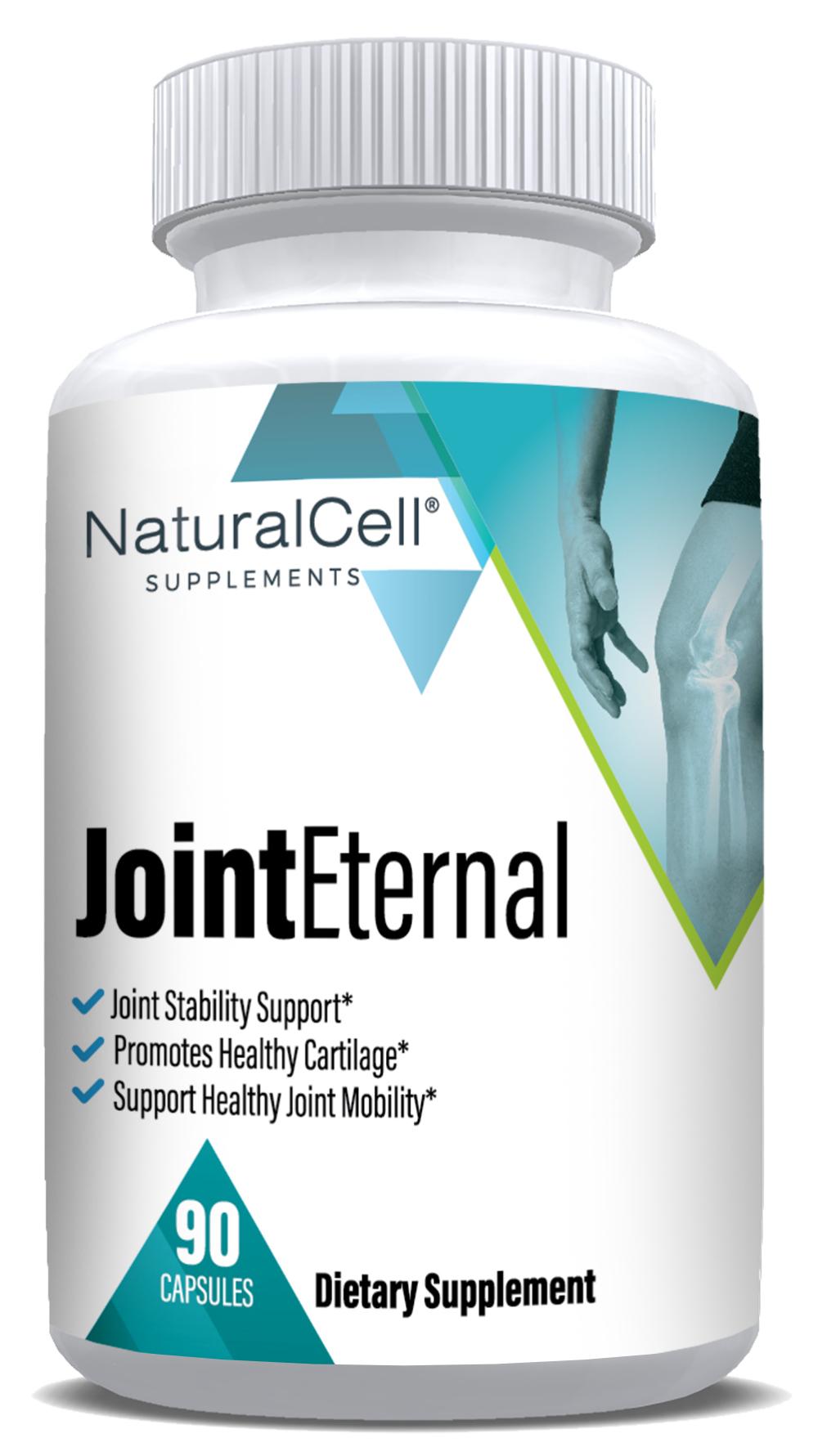



Scrie-ne ce problema ai în legătură cu acest anunț!
Comment
How to control joint pain of the body
Bids:
Escorts & Erotic Massage
0
0
Folosit
Companie
Nu
Details
Controlling Joint Pain: Effective Strategies for Relief
Joint pain can significantly impact daily life, affecting mobility and overall well-being. Managing and controlling joint pain requires a comprehensive approach that incorporates lifestyle changes, medical treatments, and holistic practices. Here are some effective strategies to alleviate joint pain.
1. Maintain a Healthy Weight
Excess weight puts additional stress on weight-bearing joints such as the knees and hips. By maintaining a healthy weight through a balanced diet and regular exercise, you can reduce the strain on your joints, thereby decreasing pain and improving mobility.
for supplements of joint visit the link below
https://jointeternal.com/discover/#aff=Sajutt
2. Exercise Regularly
Engaging in regular physical activity helps to strengthen the muscles around the joints, providing better support and reducing pain. Low-impact exercises such as swimming, walking, and cycling are particularly beneficial. Stretching and flexibility exercises, like yoga and tai chi, can also improve joint function and reduce stiffness.
3. Use Hot and Cold Therapy
Alternating between hot and cold treatments can be very effective in managing joint pain. Heat therapy helps to increase blood flow and relax muscles, while cold therapy reduces inflammation and numbs the painful area. Use a heating pad or warm bath for heat, and an ice pack or cold compress for cold therapy.
for spplements of joint pain visit the link below
https://jointeternal.com/discover/#aff=Sajutt
4. Consider Over-the-Counter Pain Relievers
Nonsteroidal anti-inflammatory drugs (NSAIDs) such as ibuprofen and aspirin can help manage pain and reduce inflammation. Acetaminophen is another option for pain relief. However, it’s important to use these medications as directed and consult with a healthcare provider to avoid potential side effects.
5. Incorporate Anti-Inflammatory Foods
Diet plays a crucial role in managing joint pain. Foods rich in omega-3 fatty acids, such as salmon and flaxseeds, have anti-inflammatory properties that can help reduce joint pain. Additionally, fruits and vegetables high in antioxidants, like berries and leafy greens, can combat inflammation.
6. Try Supplements
Certain supplements, like glucosamine and chondroitin, are believed to support joint health and reduce pain. Omega-3 supplements and turmeric (curcumin) are also known for their anti-inflammatory benefits. Always consult with a healthcare professional before starting any new supplement regimen.
7. Practice Mind-Body Techniques
Stress can exacerbate pain perception. Mind-body techniques such as meditation, deep breathing exercises, and mindfulness can help manage stress levels and improve pain tolerance. Regular practice of these techniques can lead to better overall pain management and improved quality of life.
Conclusion
Managing joint pain effectively requires a multifaceted approach. By combining lifestyle changes, medical treatments, and holistic practices, individuals can significantly reduce joint pain and improve their quality of life. It’s important to consult with healthcare professionals to create a personalized plan that addresses individual needs and conditions.
Seller

Sajjad Ahmad

Affiliate marketing by Sajjad
On website since. 2024
Price: $132California, Alondra Park






